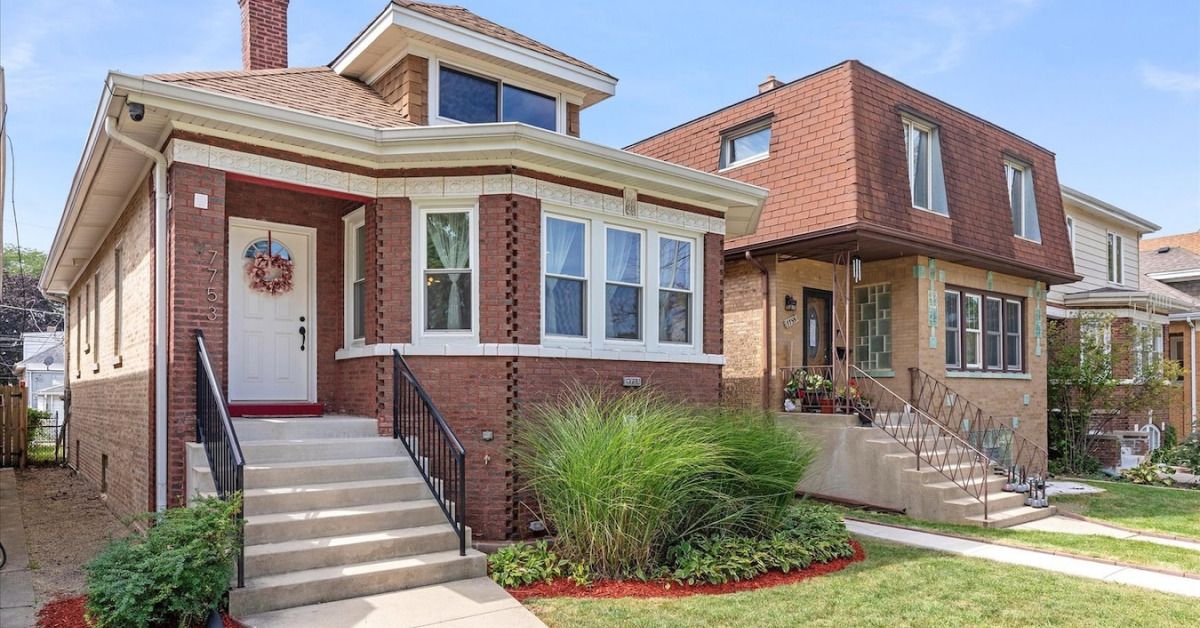The housing landscape can present a multitude of challenges for seniors, but various housing benefits have been developed to provide assistance and improve living conditions for older adults. The focus of these housing benefits is to offer financial aid, safety, adaptability, and community support which are essential for seniors as they transition to different stages of retirement and later life.

1. Financial Assistance Programs
One of the foremost housing benefits for seniors is financial assistance. The United States Department of Housing and Urban Development (HUD) offers several programs aimed at helping seniors with limited income. The Housing Choice Voucher Program (Section 8) allows seniors to find their own housing and uses vouchers to pay for all or part of the rent. The program’s flexibility can enable seniors to stay in their communities and live in private homes or apartments that accept these vouchers.
Another critical program is the Section 202 Supportive Housing for the Elderly Program, which provides resources for housing that caters specifically to the needs of seniors. These housing complexes often come with subsidized rent and are constructed to be accessible for older adults, possibly including amenities such as grab bars in bathrooms, emergency call systems, and common areas for social activities.
2. Property Tax Deductions and Exemptions
Seniors may also take advantage of property tax reductions or exemptions. Many states and localities offer these benefits to older homeowners to help them manage the expenses associated with property taxes. These relief programs can significantly reduce the annual expenses for seniors who own their homes, making it more affordable to stay in their houses longer.
3. Home Modification Programs
As seniors age, their mobility and physical abilities often change, making home modifications essential for safety and accessibility. Several grants and programs exist to assist with this, such as the Very Low-Income Housing Repair Program, which offers loans and grants for seniors to repair, improve, or modernize their homes. Additionally, many local agencies provide Minor Home Repair Programs to help seniors make their homes safer and more accessible, often at no cost to the homeowner.
4. Reverse Mortgages
For seniors who own their homes, a reverse mortgage is an option that allows them to convert a portion of their home equity into cash without having to sell their home or take on additional debt. This financial product is unique to older adults, typically those over the age of 62. A reverse mortgage can offer a source of income to supplement social security, meet unexpected medical expenses, or make it possible to afford in-home care.
5. Assisted Living and Long-Term Care Benefits
Seniors whose needs exceed what can be provided in their current homes may benefit from transitioning to assisted living facilities. Medicaid and other federal benefits can often help cover the costs of these facilities for seniors who qualify. Assisted living facilities offer a myriad of services ranging from meal preparation to medical care, providing a balance between independence and necessary support.
6. Community and Supportive Services
Beyond physical housing needs, seniors often benefit from community and supportive services, such as meal programs, transportation services, and social activities. The Older Americans Act supports a network of services at the state and local levels, which often include nutritional programs, senior centers, adult day care services, and transportation assistance, all designed to improve the quality of life for older adults living within a community.
7. Educational and Awareness Initiatives
Awareness about available housing benefits is equally important. Many nonprofit organizations and government agencies conduct workshops and offer counseling services to educate seniors about their housing options. Educational initiatives can arm seniors with the knowledge needed to navigate complex housing options and benefits.
To Wrap Up
The range of housing benefits available to seniors is extensive and is geared towards addressing the multifaceted needs of this demographic. From financial assistance to programs that support home modifications, these benefits are designed to ensure that seniors can lead dignified, comfortable, and stable lives as they age. While the benefits are considerable, awareness is often a barrier; thus, outreach and educational components are critical in ensuring that seniors can access all the resources available to them. It is imperative that seniors, their families, and caregivers remain informed and engaged with the evolving landscape of housing benefits to secure the most beneficial outcomes for their housing needs.











